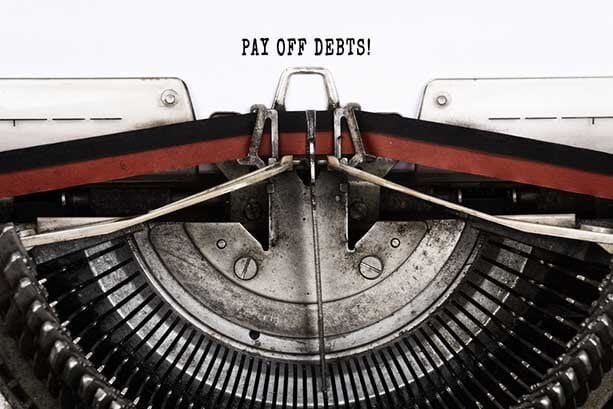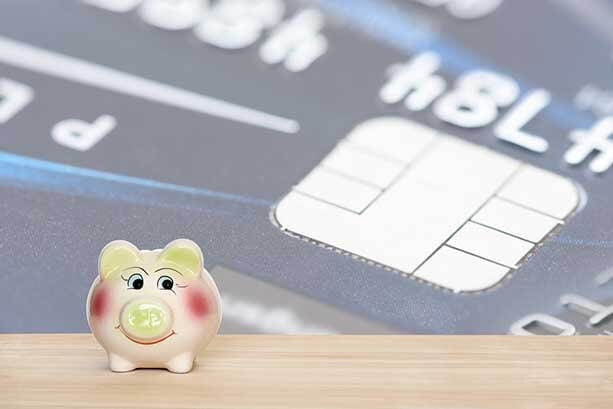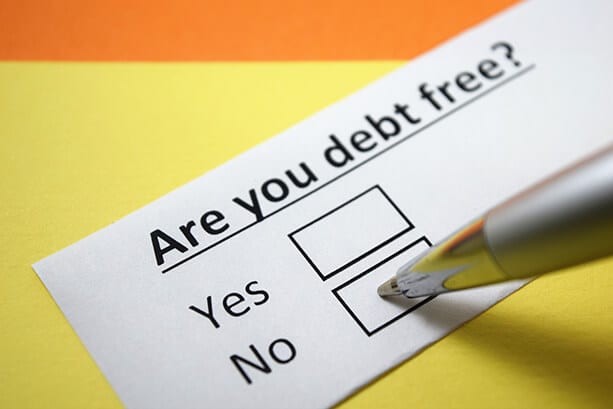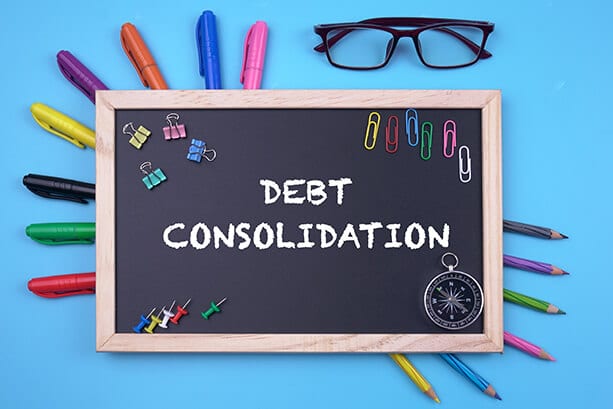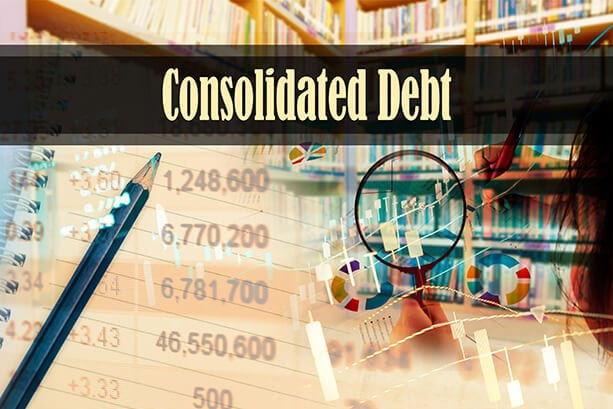If your credit score does not meet the minimum requirement of the bank, and you don’t have a regular income and you are spending more than 40% of your income on debt repayments, you may not qualify for a debt consolidation loan. Banks often reject applications of those with unstable income and negative credit entries on their credit report, unless they have sufficient security for the loan. Learn how to qualify for a debt consolidation loans when you have bad credit.
Check your credit history:
If you want to get a cheaper consolidation loan, you need to prepare your credit file. Though bad credit holders can still obtain affordable loans, it is advisable to know what’s inside your credit file. For all you know, you are just having a bad credit score because of wrong and inaccurate entries. It will also give you time to explain to your potential lender why and how you ended up with that score.
Many lenders understand that some life events can hold you back financially. Use the information in your credit file to explain your circumstances and to convince your lender that you are still capable of making payments despite certain financial setbacks in the past. So, grab that file and use it to have a better negotiation with your lenders. Get the loan product and loan arrangement that could help you get away debt-free after the repayment term.
You want to get rid of debts:
If you wait for a longer period to deal with your debts, it may get out of hand. Debt consolidation is advisable for those who are awaiting a crisis if they don’t eliminate the debts. It is true that bad credit is a huge issue in taking the loan. But, if you choose the right lender you can get access to the much-needed consolidation loan without making your credit score an issue.
Let’s say you have previous debts under five different lenders. Now instead of paying monthly instalments to each of them, you will get a consolidation loan pay the instalments to that new lender. The main purpose of taking the loan is to save money by eliminating all those debts with a higher interest rate in exchange for a bad credit debt consolidation loan with a lower interest rate.
Present valuable collateral:
Do you have a new car, boat, home or any pricey asset that the lender can sell or liquidate in the vent you default on payments? If you want quick approval loans, secure your consolidation loan with a pricey asset. Lenders no longer bother to look at your credit score when you secure the loan. They may also give you affordable interest rates which are comparable to the rates offered by banks. In fact, you may get around 14% APR or lower with good security.
You have a good repayment plan in mind:
While this is not a requirement per se, it is advisable to have a plan before you apply for a loan.
Some debt consolidation companies offer their services to borrowers who are struggling with debts. But, you can do it yourself. In fact, if you have a sound debt repayment plan in mind, you simply need to apply for a loan to consolidate your other smaller loans, and you can repay it within the allotted time frame.
Debt consolidation is only a suitable option for those who want to end up with more cash at hand at the end of the month, and with lesser debts to pay off. It is because there are many people who tried to consolidate their loans but ended up with more debts because they have chosen a poor debt structure and they don’t have a sound debt repayment plan in mind.
So, here are some questions to ask yourself before planning to consolidate your loans:
- Do I have the discipline to avoid using my existing credit cards the moment I paid them off with my consolidation loan?
- Can I stick with my debt repayment plan so that I will not end up with more debts in the process?
- What will I do to increase my income?
A loan is a loan-regardless of its type. That means you have to pay it back. Make sure that you use the proceeds of the consolidation loans wisely, not only to repay all your high interest and smaller debts, but to improve your financial life as well.




